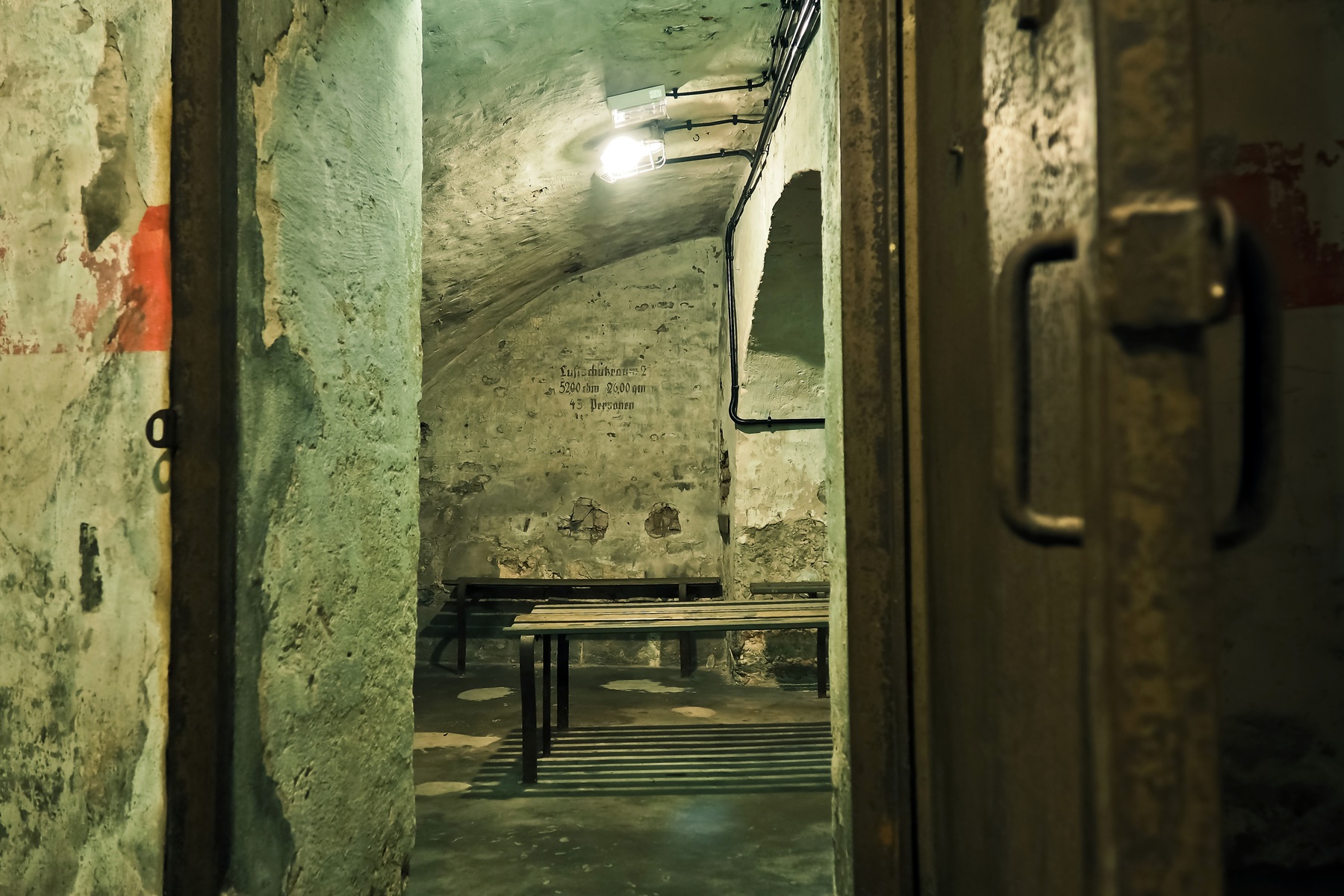Great Ormond Street Hospital: A Beacon of Hope in Paediatric Care
Great Ormond Street Hospital (GOSH) is not just a healthcare institution; it represents the very essence of hope and compassion for children facing serious health challenges. Established in 1852, GOSH originated in a tiny house on Great Ormond Street, serving the needs of sick children and evolving into a pioneering centre for paediatric care. Over the years, it has expanded significantly, becoming one of the world’s leading children’s hospitals. Today, it accommodates around 250,000 patient visits annually, providing specialized treatments for a wide array of conditions.
The operation of Great Ormond Street Hospital reflects a unique combination of medical excellence and charitable commitment. As a charity, GOSH primarily depends on donations and fundraising initiatives to provide its range of services. While the National Health Service (NHS) covers a significant portion of operational costs, the hospital raises additional funds through charitable contributions to support groundbreaking research, advanced equipment, and the enhancement of hospital facilities. This funding model is crucial for GOSH, allowing it to maintain and improve its standards of care for critically ill children.
Among the remarkable individuals who have stepped forward to support GOSH is Royston Cooper. A man with a passion for history and philanthropy, Cooper owns and has meticulously restored a series of war bunkers located in West Sussex. These bunkers, once pivotal during World War II, now serve as a unique attraction for history enthusiasts and curious visitors. What sets Royston Cooper apart is his dedication to ensuring that the restoration of these historical sites benefits a greater cause. All ticket sales from his bunker tours go directly to Great Ormond Street Hospital.
Royston’s approach epitomizes the extraordinary community support that GOSH is fortunate to receive. His commitment to the hospital stems from a deep belief in the importance of healthcare for children and the impact that donors can have on enhancing patient care. By transforming his passion for history into a fundraising opportunity, he not only preserves an important piece of British heritage but also makes a tangible difference in the lives of young patients and their families.
As a charity, GOSH is continually engaged in various fundraising activities, ranging from individual donations to larger campaigns and events. The importance of contributions from community members cannot be overstated; these donations go towards various initiatives, such as funding state-of-the-art medical equipment, supporting research into rare conditions, and creating a more comfortable, welcoming environment for patients and their families. Every penny raised is vital, as it helps ensure that GOSH remains at the forefront of paediatric healthcare.
In conclusion, Great Ormond Street Hospital represents a magnificent fusion of medical expertise and charitable spirit, driven by a singular purpose: to heal and support the youngest patients in need. The contributions of individuals like Royston Cooper highlight the essential role that community engagement plays in the hospital’s operations. By supporting GOSH, donors become vital partners in a quest to provide hope and healing to countless families. The ongoing commitment to paediatric care relies on collective action, ensuring that this cherished institution can continue to thrive for generations to come.




